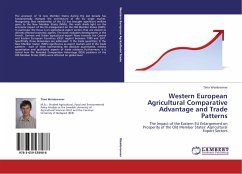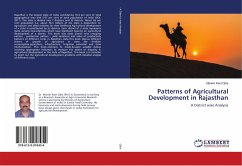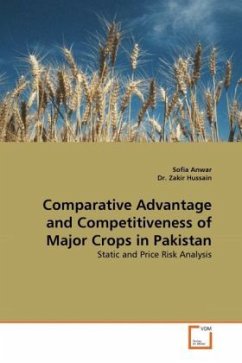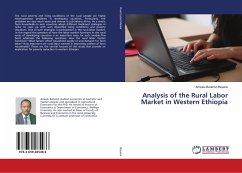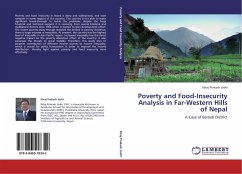The accession of 12 new Member States during the last decade has fundamentally changed the architecture of the EU single market. Recognizing that membership of the EU has brought significant welfare gains to the New Member States (NMS), this work sheds light on the economic impact of the EU enlargement on the Old Member States (OMS). In particular, the focus is on agricultural export sectors that are viewed as directly affected economic agents. The book evaluates developments in the French, German and Italian agricultural export flows towards the Central and Eastern European Countries (CEEC region) between 1999 and 2011. Specifically, three dimensions are addressed: 1) the trade quantities; 2) the New Member States' (NMS) significance as export markets and 3) the trade patterns - each of them representing the absolute quantitative, relative quantitative and qualitative aspects of trade relations. Furthermore, it is tested how the Revealed Comparative Advantage (RCA) positions of the Old Member States (OMS) were affected on global level.
Bitte wählen Sie Ihr Anliegen aus.
Rechnungen
Retourenschein anfordern
Bestellstatus
Storno

